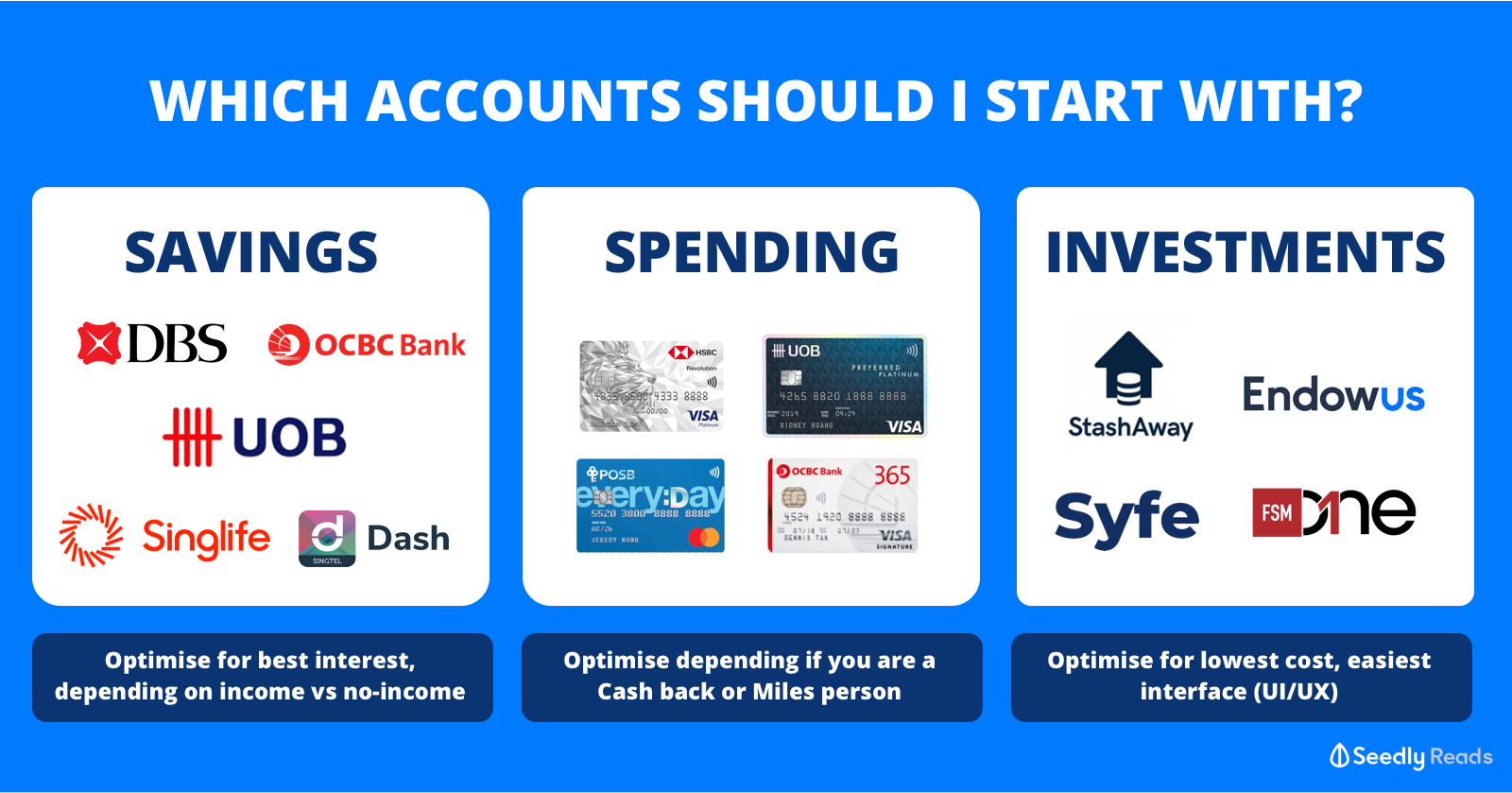Advertisement
Anonymous
I am always in the state where i feel like i don't have enough $$. Even after getting paid and allocating my $ to expenses, investments, i find myself feeling it is not enough.
It happens immediately and i am lookng forward to my next pay check and just thinking what i can do with my salary to put into investments. I don't get to enjoy the present as a result. How can i cope with this insecurity?
19
Discussion (19)
Learn how to style your text
Ngooi Zhi Cheng
18 Feb 2025
Student Ambassador 2020/21 at Seedly
Reply
Save
I believe you are young man chasing dream. Once you live till sudden point. Money just a number and your limited life time is real and time is passing by fast.
Time and money both important
enjoy your limited time on earth - we are going to Mars soon - thanks to Elon Musk
money always has enough
Reply
Save
Do you identify with any these signs of: constant worry about finances, fear of losing money, and felt that it is impacting your wellbeing? you might be experiencing money dysmorphia. here are some ways to go around money dysmorpia, such as setting realistic goals and budgets.
Reply
Save
Well, treasure present as well. Remember one japanese eat minimallay for few decades and save huge amount but life is nothing except work and eat minimum and nothing else. He save one milllion but price paid is did nothing except work . He is lucky still survive and alive during these hard working years. Nobody can predict so self balance is impo
Reply
Save
M...
Read 13 other comments with a Seedly account
You will also enjoy exclusive benefits and get access to members only features.
Sign up or login with an email here
Write your thoughts
Related Articles
Related Posts
Related Posts
Advertisement











Let me share a perspective that might help reframe your relationship with money and financial security.
As someone who works closely with professionals across different wealth levels, I've observed that this feeling of "never enough" often isn't actually about the numbers. Even clients with substantial net worth sometimes experience the same anxiety you're describing.
Here's a framework I use to help navigate this:
Protection coverage (insurance adequacy)
Investment portfolio (aligned with life goals)
Retirement planning (concrete numbers)
Remember: The goal of wealth building isn't just accumulation - it's creating a life of meaning and purpose. Sometimes, the wisest investment is in your present well-being and personal growth.